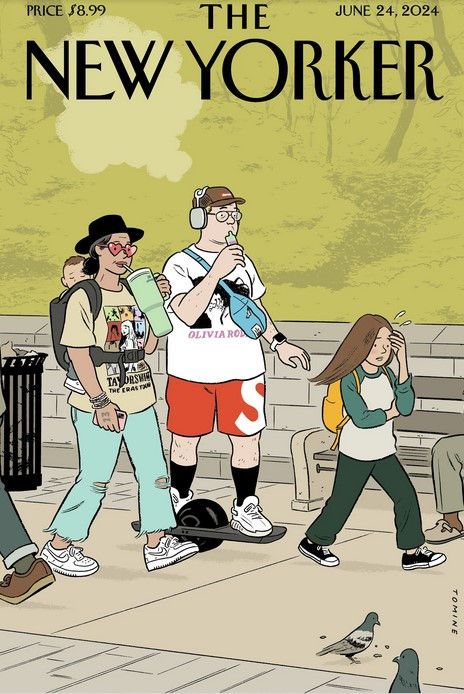Where the skies fall
- Territorios Baldíos

- Apr 9, 2025
- 3 min read
Dario Fritz

I once arrived in Mexico. Millions of years ago. Perhaps when the dinosaurs weren't yet extinct. A tour of the AIFA mammoth museum proves it to me, although neither lived in similar times, and neither did I, of course. The passage of time feels like that, eternally distant. On those days of arrival, a friend warned me that pollution was killing birds in the former Mexico City, and I almost believed him. I tried to verify it once the airport's trembling glass door opened, cautiously peeking out, like Adelita in Casasola's photo peering out from the railing of the revolutionary train, and I headed out to the taxi stand to find a new world. There was pollution, yes, and an exotic proposal, worthy of Ray Bradbury's science fiction, was circulating at the time, signed by Heberto Castillo: creating giant fans to dissipate it, which in my mind I associated with the windmills in Don Quixote. But of course, there were no birds that fell annihilated from the trees, although the warning had some basis, motivated a few years earlier by the assertion of an official and the vehemence of the newspapers in reproducing it.
Arriving in another country, especially when your intentions aren't touristy, turns you into an amorphous mass of confusion, of zigzagging while everyone knows where you're going, resentments that only discovery dispels, ignorance, no matter how many books you've devoured to absorb yourself, brutality, from trying to compare the place with your origins. Body and soul struggling to be part of the same thing and in the same place, curiosity, enigma, innocence, unconscious optimism—in the words of the poet Ida Vitale—frozen anguish, the self-confidence of a freak for others.
Over time, with the slang and words assimilated, your palate refined, and the codes digested—no easy feat—you begin to doubt where you're from, where the identity you've believed to be solid has spread. For those from here, you're still somehow alien; something always gives you away, a foreigner. And when you return to the place you left, every time you speak, you're betrayed by the new intonation and those imported words you absorbed without realizing it. A foreigner on both sides. With the incomplete sense of belonging somewhere.
Al cabo del tiempo, con la jerga y las palabras asimiladas, el paladar afinado y los códigos digeridos —algo nada fácil—, entras a dudar de dónde eres, dónde se ha esparcido la identidad que has creído sólida.“There are a lot of foreigners,” a Michoacan man who has lived more than fifteen years away from his native La Piedad told me a few days ago, with the sounds of a piñata in the background. He was amazed by this discovery, somewhat annoyed when he went out to eat, to bars, or to walk around gentrified neighborhoods like Roma and Condesa in Mexico City. “You can't hear Spanish,” he argued, “and everything has become more expensive.” “And there are also the original inhabitants,” he trailed off, referring to those displaced by the sudden changes brought about by the invasion of foreigners into trendy neighborhoods.
But reality refutes this assumption. There aren't many of us here, almost 1.2 million—less than one percent of the population—about half of whom are naturalized citizens, according to the census from five years ago. Most of us are gringos, the rest are classic Latin Americans, who, depending on the diaspora , are national: today, Venezuelans and Guatemalans. In the not-so-distant past, we were South Americans.
It's never been easy to be a foreigner. No matter where one settles, no matter under what flag one flies. It remains an "implicit irregularity," as Vitale tells us . And its synonym, the migrant—the new conversion from the denigration and hunting of the Jew of a century ago—an explicit implication. "We must live, no matter how many heavens have fallen," wrote D.H. Lawrence. At the cost of many losses, it can be said.







Comments